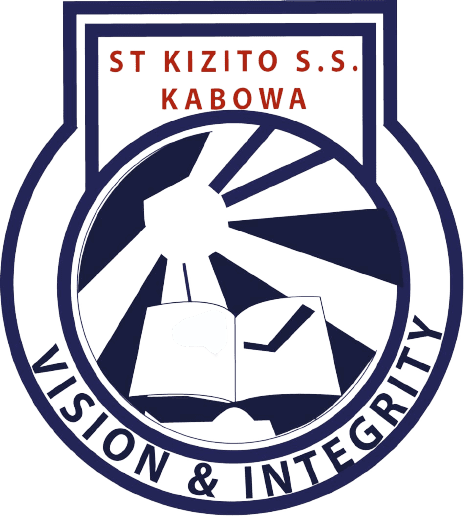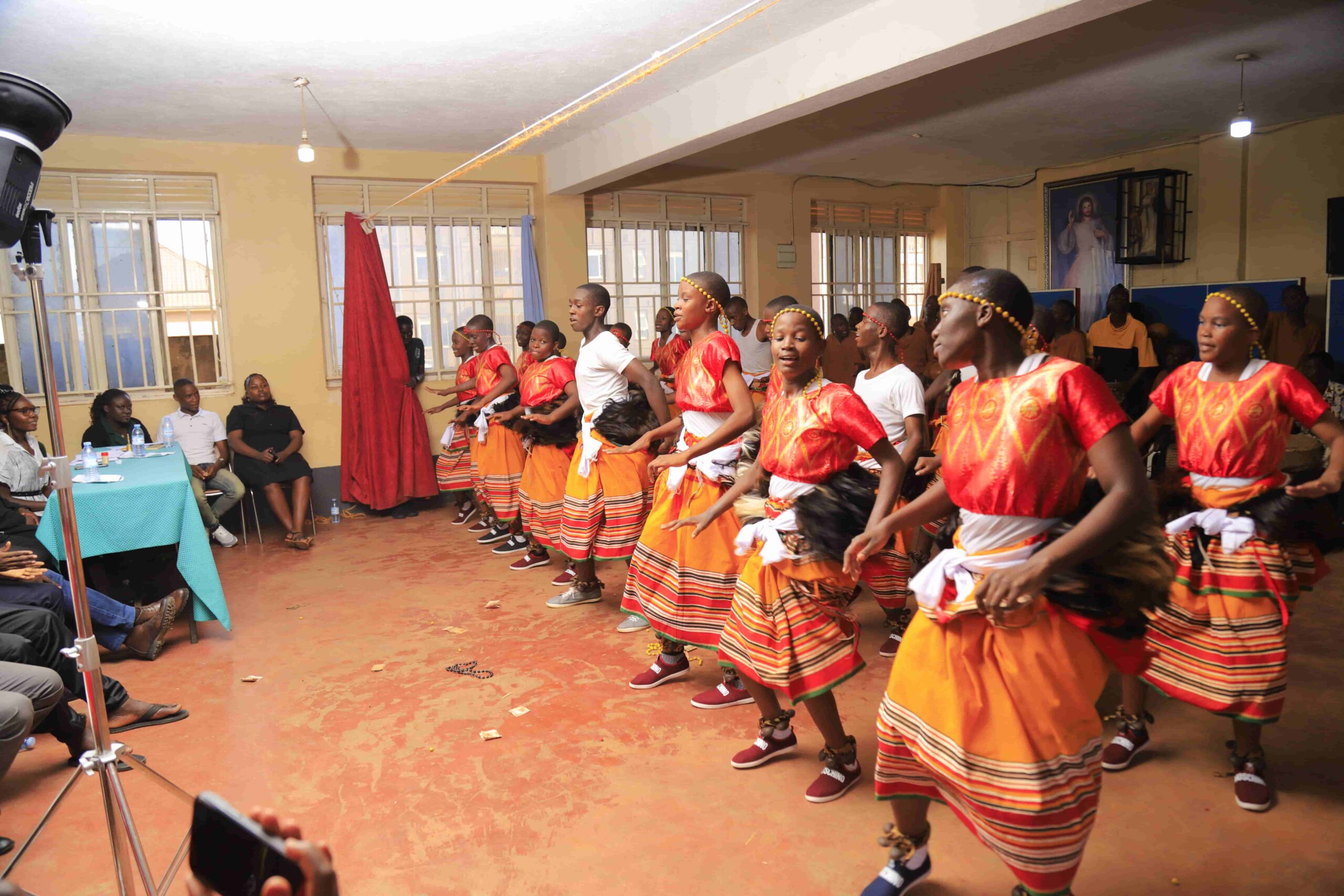
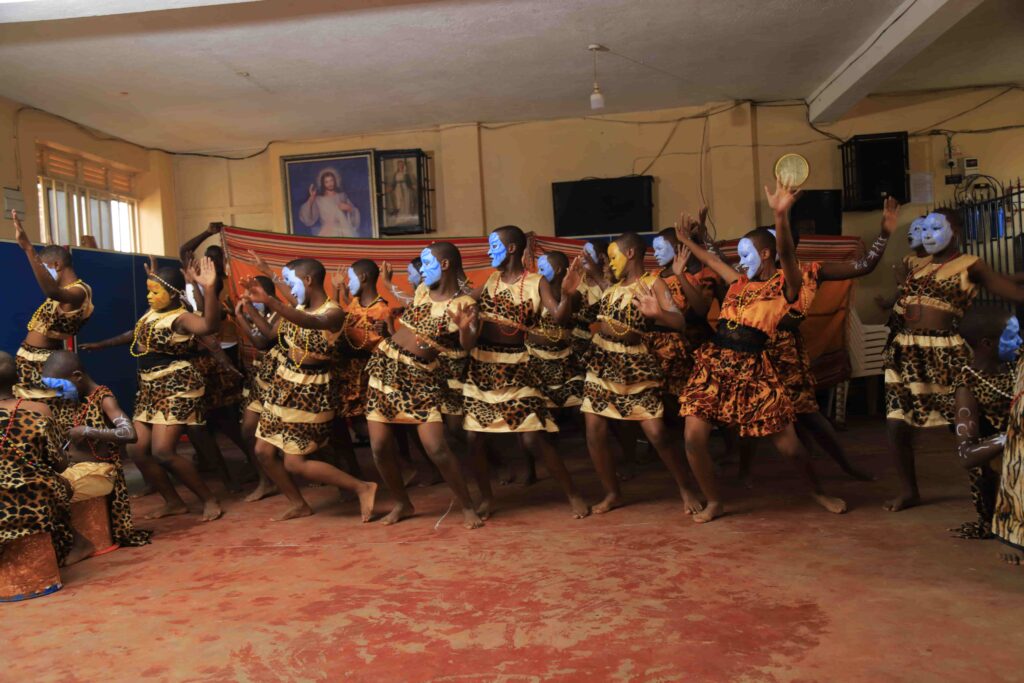
Music, dance, and drama hold significant importance in secondary schools, contributing to students’ overall development and enriching their educational experience. Here are several key reasons why these performing arts are essential:
Cognitive Development:
Music: Learning to play an instrument or read music enhances mathematical skills, memory, and spatial-temporal reasoning.
Dance: Choreography and movement improve motor skills, coordination, and spatial awareness.
Drama: Acting and role-playing enhance language skills, memorization, and critical thinking.
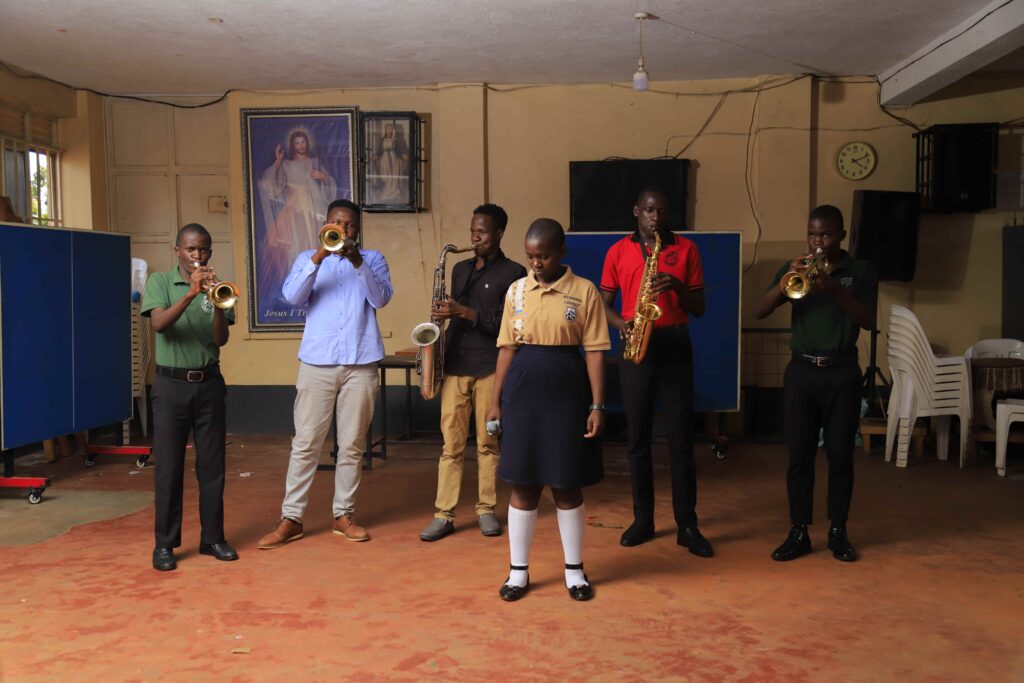
Emotional and Social Growth:
Self-Expression: Performing arts provide an outlet for students to express their emotions and creativity, fostering emotional intelligence.
Confidence: Participation in performances helps build self-esteem and public speaking skills.
Teamwork: Group activities in music ensembles, dance troupes, and theater productions teach collaboration, communication, and respect for others’ contributions.
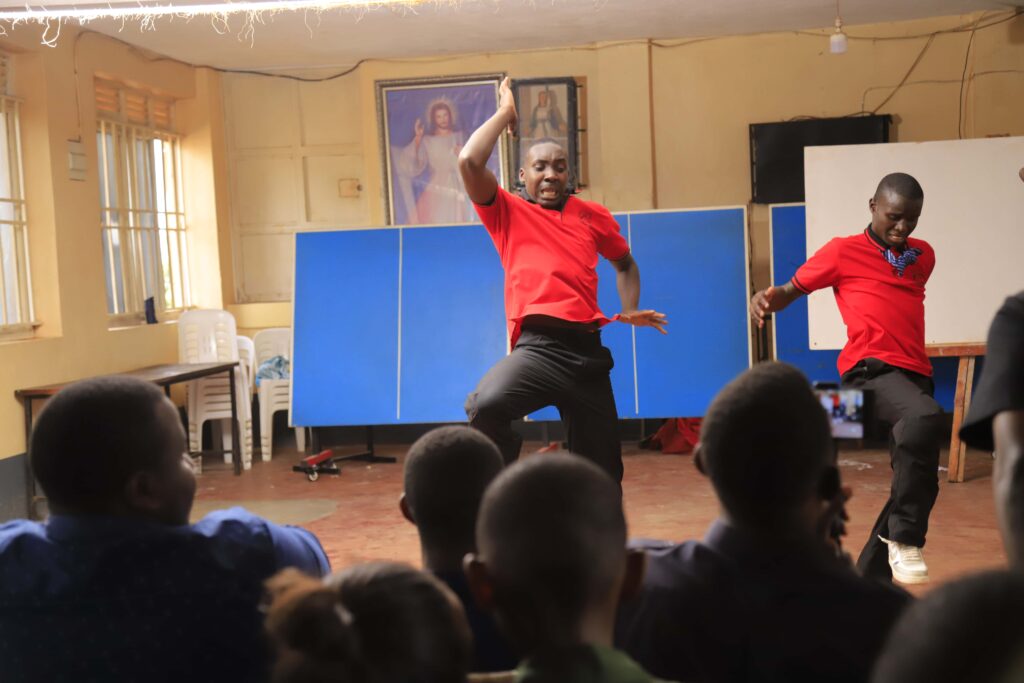
Cultural Awareness and Appreciation:
Exposure to various musical genres, dance styles, and dramatic works introduces students to diverse cultures and histories, promoting empathy and global understanding.
Academic Achievement:
Studies have shown that students involved in the arts often perform better academically, as these activities enhance discipline, focus, and perseverance.
Mental Health:
Engaging in artistic activities can reduce stress and anxiety, providing a healthy outlet for students to manage their emotions and mental health.
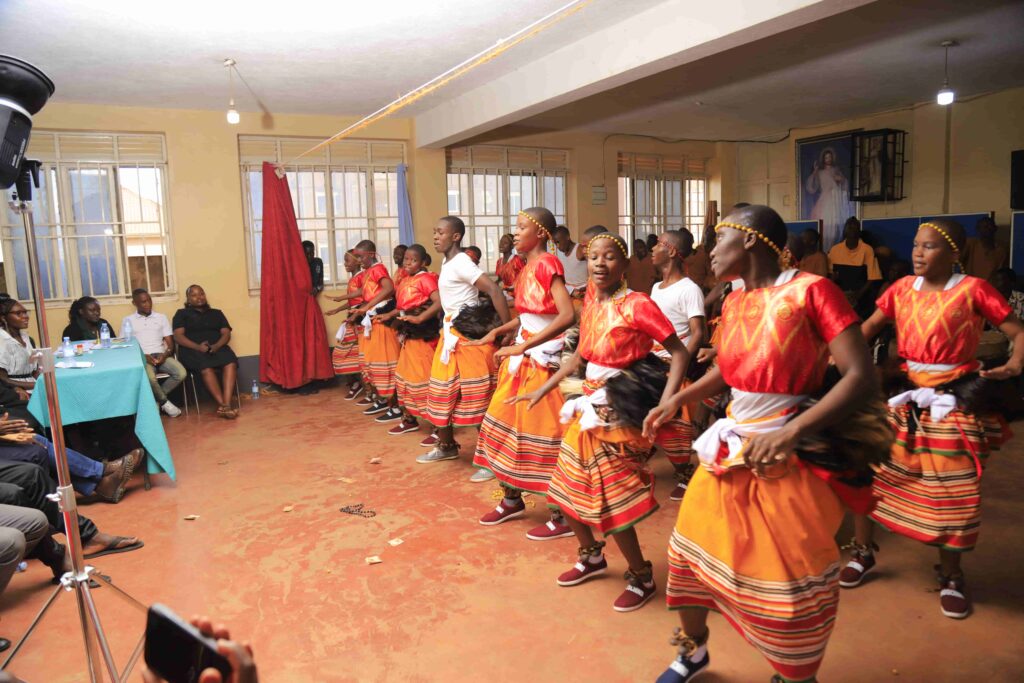
Life Skills:
Time Management: Balancing rehearsals and performances with academic responsibilities teaches effective time management.
Problem-Solving: Overcoming challenges in performances and productions fosters creativity and innovative thinking.
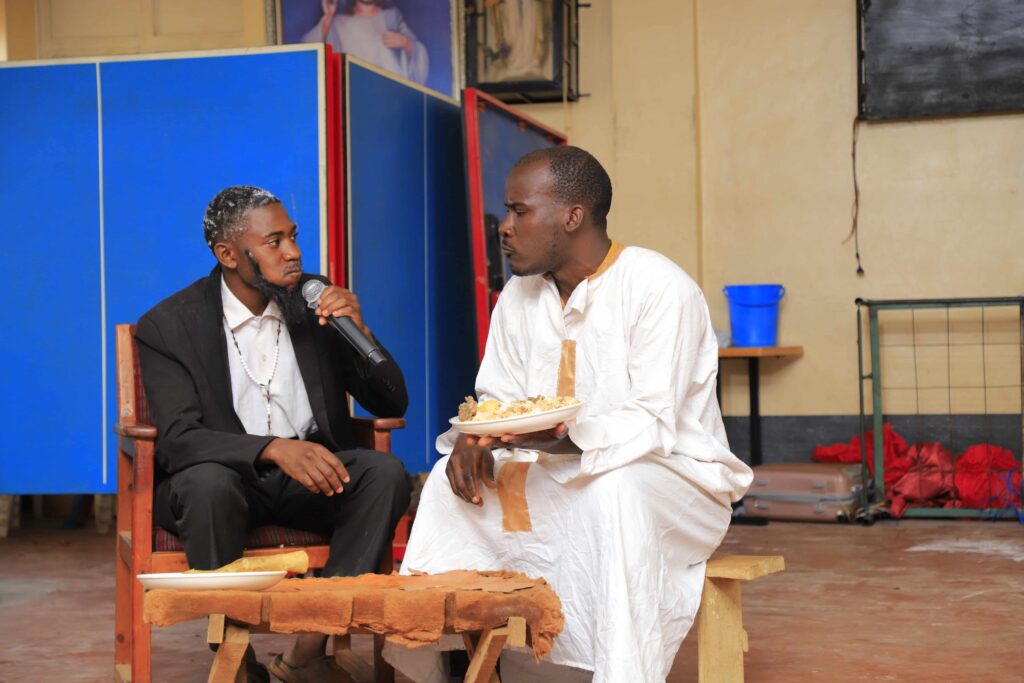
Academic responsibilities teaches effective time management.
Career Opportunities:
Exposure to music, dance, and drama can inspire career aspirations in the arts, opening doors to professions such as musicians, dancers, actors, directors, and other related fields.
Incorporating music, dance, and drama into secondary school curricula not only enriches students’ educational experiences but also equips them with a broad range of skills that are valuable throughout their lives.
